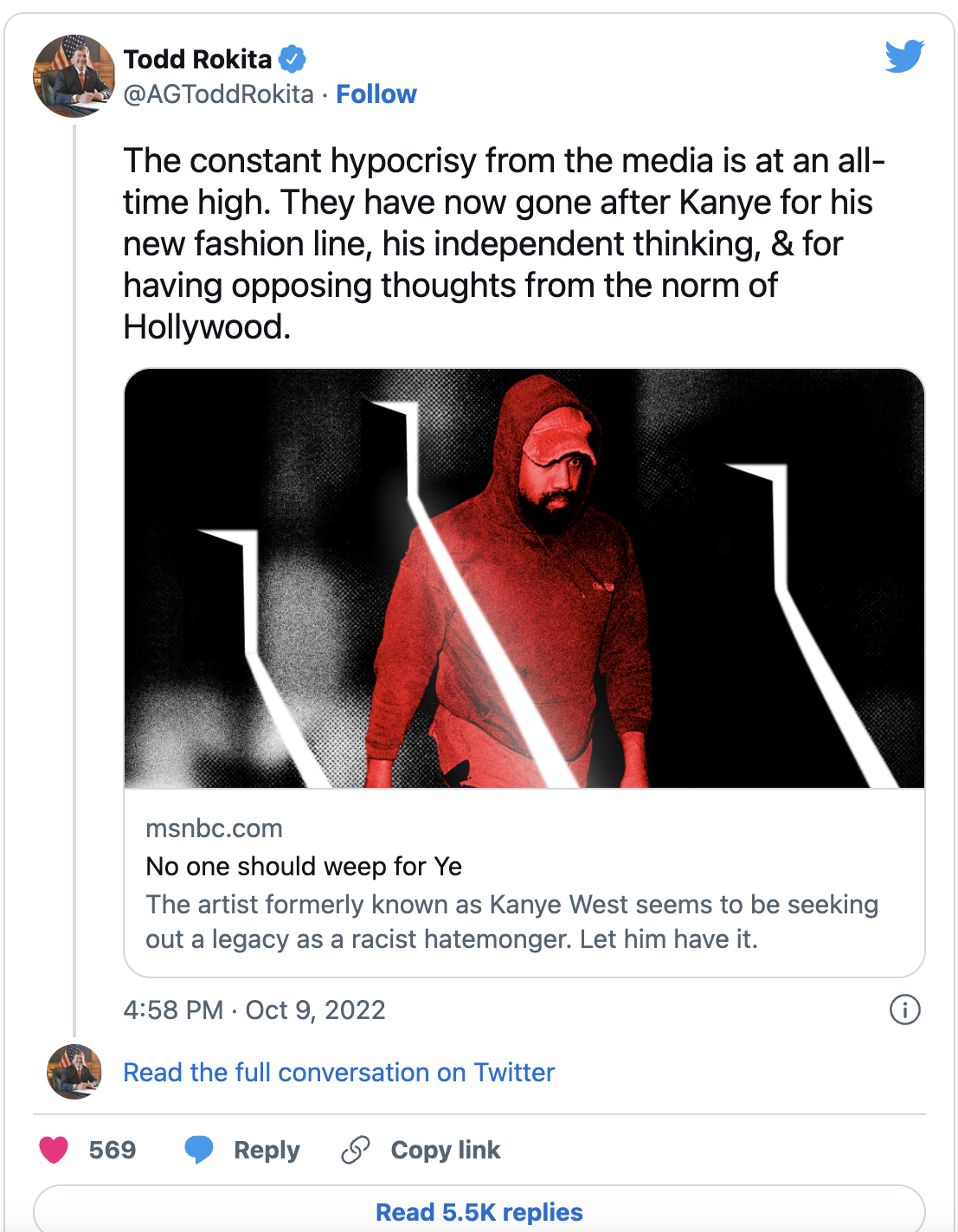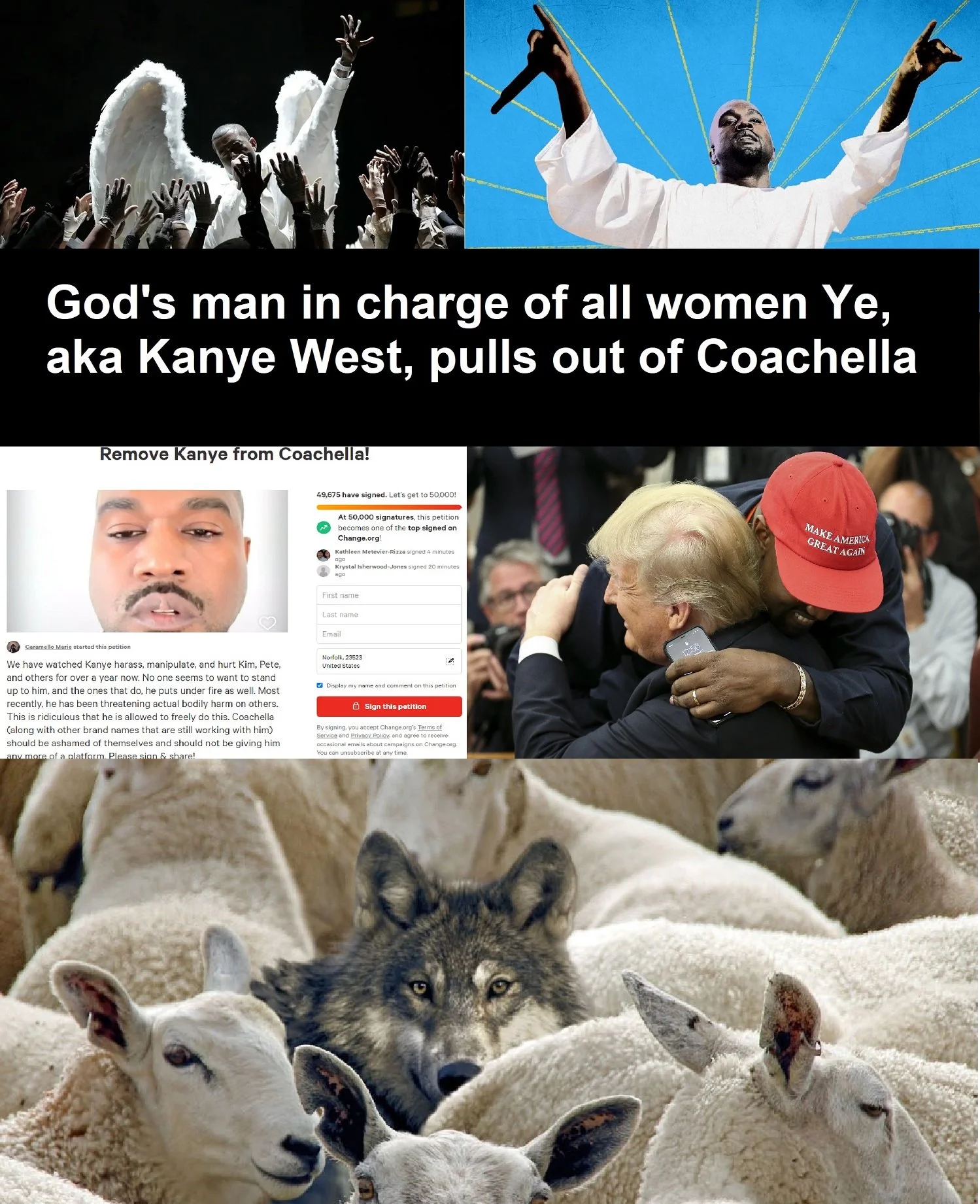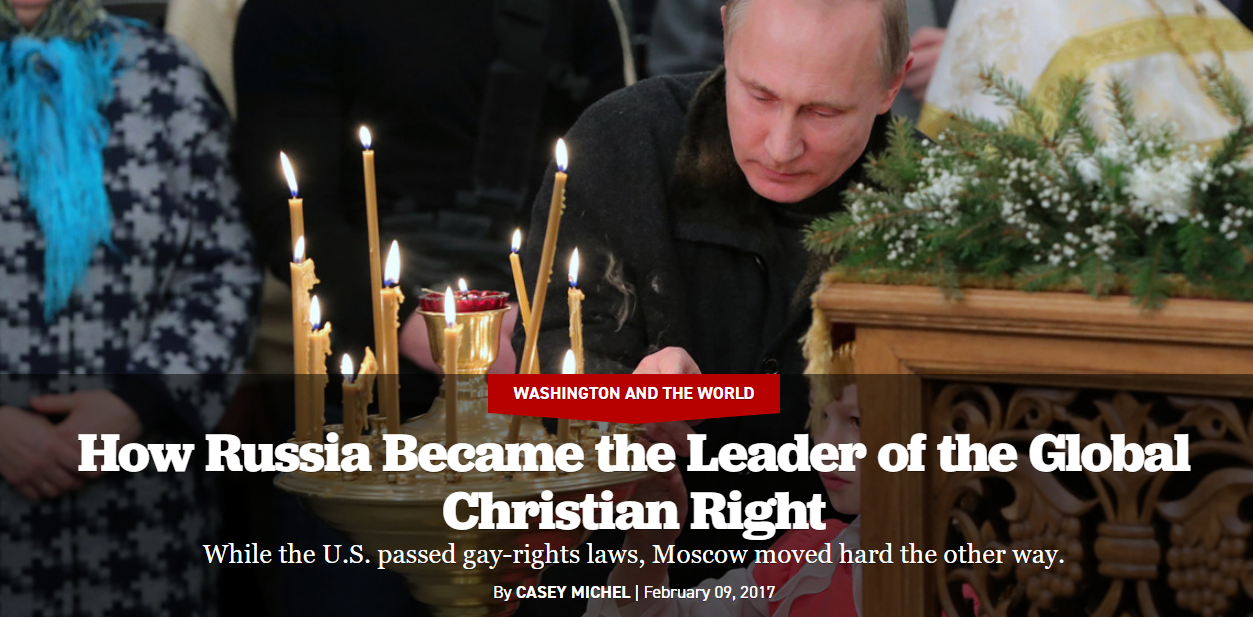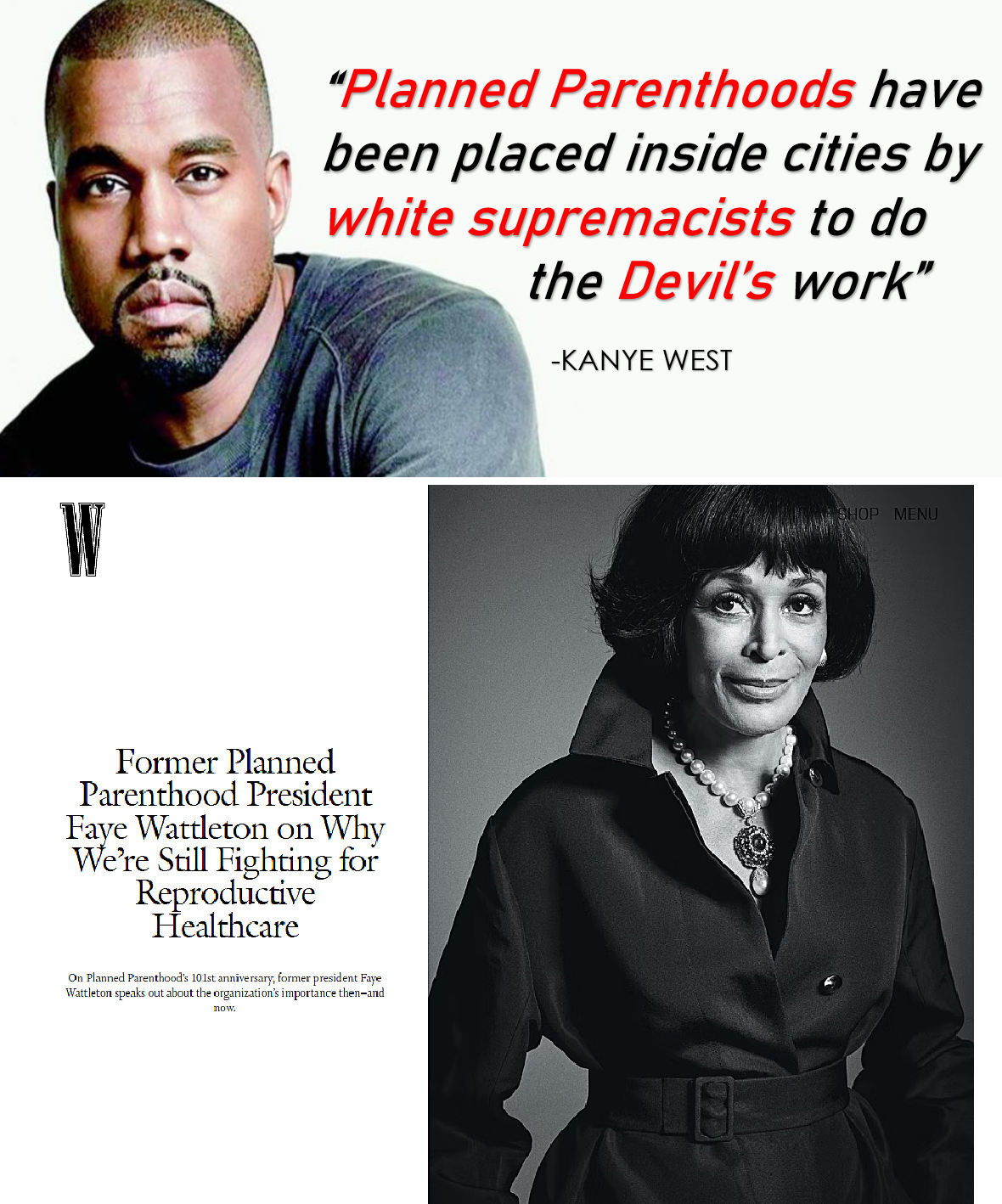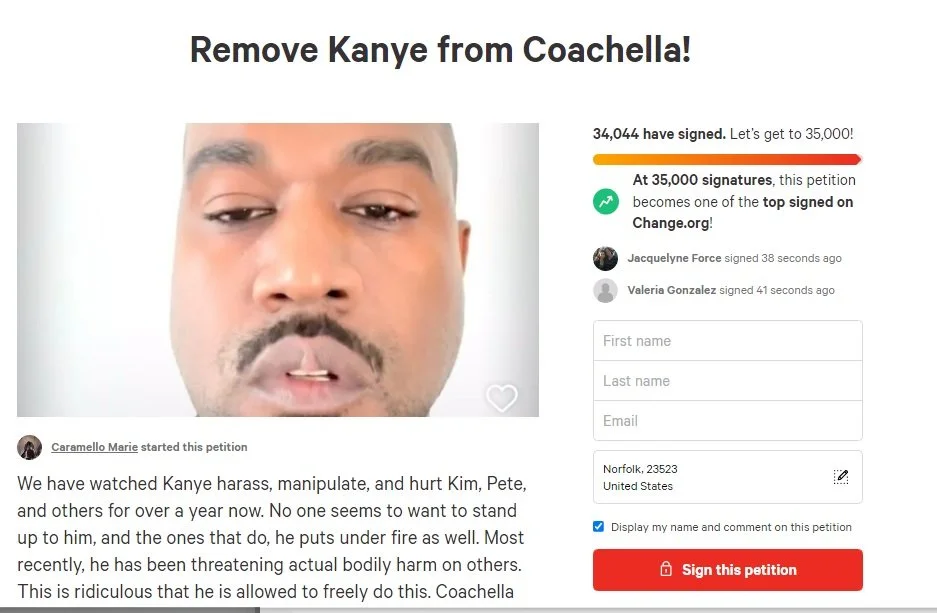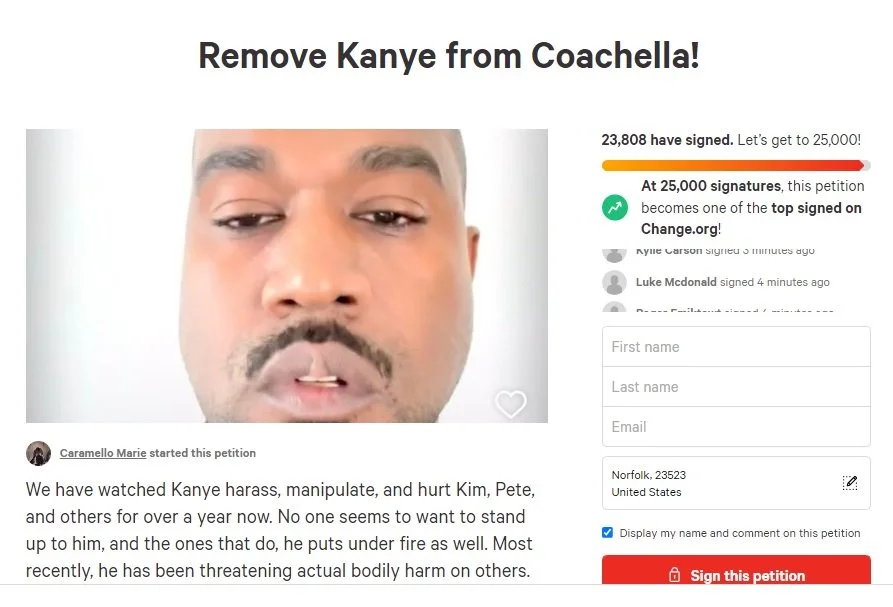Donald Trump: Why White Evangelical Women Support Him
/Donald, Melania and Barron Trump 2015 campaign stop in the 2016 presidential election.
By Katie Gaddini, Researcher in Sociology, University of Cambridge. First Published on The Conversation.
During the US president Donald Trump’s State of the Union address in early February, House Democratic women showed up clad all in white. The colour, a nod to the suffragettes, was meant to show their displeasure with the president’s policies towards women, climate change and immigration. But Trump’s contentious relationship with Democratic women contrasts sharply with the support he receives from another group of women – white evangelicals.
As is well known by now, in the November 2016 presidential election, 80% of white evangelicals voted for Trump. That constituted the largest “evangelical vote” in nearly two decades. If scholars, journalists and the general public have puzzled over why so many white evangelicals would vote for someone whose language and behaviour violated key tenets of the Christian faith, the question of why evangelical women voted for him is even more puzzling – especially given Trump’s long track record of alleged sexual misconductand derogatory comments about women.
But the 2016 vote wasn’t a fluke. A recent poll reports that two-thirds of white evangelical women still approve of the president.
Believing in Trump
During my research fieldwork with evangelical Christian women at Bethel Church and Jesus Culture in California, they reported that they backed Trump because they believed he would battle hard on key issues, such as immigration. As one woman told me about her vote for Trump: “It’s founded in personal and emotional beliefs. Politics is different.”
Social scientists have pointed out how Trump successfully taps into an evangelical narrative, based on white American nationalism, of returning Christians to their rightful place at the centre of American life. Recently, for example, Trump declared his unity with evangelicals, promising to “cherish and honour” them by denouncing late-term abortion. Trump’s embattled language aligns with common evangelical narratives that casts them as being “under attack” by a secular majority, or needing to go into “combat mode” against political issues such as trans-inclusive bathrooms. Framing their political involvement in this way is instrumental to sustaining evangelicals as a cohesive religious group.
Rather than just representing the Republican party, Trump reproduces emotionally driven evangelical narratives, including the imperative to return the US to its rightful (white) Christian heritage. For many white evangelical women, accustomed to hearing these narratives in their churches, Trump’s language is resonant and familiar.
Another reason why white evangelical women support Trump can be explained by their prioritisation of racial and religious identity over their gender identity. All of us manage and negotiate our various identities, emphasising some and suppressing others depending on the socio-political context we are in. Even the question of how a woman could vote for a sexist president presupposes the primacy of gender as a deeply felt identity category for all women.
Instead, the evangelical women I met explained that to be evangelical is firstly to be politically engaged with Republican partisanship, and secondly to focus this engagement around core issues – including abortion and immigration. In other words, many white evangelical women prioritise their religious and racial identities over their gender identities and in so doing are able to reconcile themselves with Trump.
Their evangelical identity – and particularly, its white, nationalist constitution – is their most valued aspect of identity, and their gender is secondary to it.
Ivanka Trump converted to Orthodox Judaism but she has many white evangelical women qualities.
Trump’s brand of femininity
A final explanation that helps us make sense of the incongruity of the fact of white women voting for a president who seems inimical to their interests has to do with how femininity is constructed by some groups. Much white evangelical culture is highly gendered – and men and women play very traditional gender roles in these religious communities. Tellingly, Trump (and the women he surrounds himself with) embody these white evangelical gender roles.
In my study of evangelical women in the US and the UK, I found that the women measure themselves against an “ideal” Christian woman, a figure of femininity many in the west may view as old-fashioned or outdated. This “ideal”, described to me by the participants in my research, is strong but submissive, traditionally pretty but also outdoorsy, smart but not too smart, sexy but also chaste.
White evangelical women, including Bethel’s co-pastor Beni Johnson, rally behind Melania Trump and Ivanka Trump and equate their conservative version of traditional femininity with grace and elegance. Similarly, Paula White, Trump’s personal pastor, conforms to the version of the “ideal” woman reported to me by white evangelical women as she is blonde-haired, blue-eyed, slim and stylish.
And so rather than becoming disillusioned with Trump, as the New York Times claims, white evangelical women continue to rally behind the president they voted into power in 2016. The fact that several scandals and allegations of sexual impropriety have failed to cost him their support reveals how some groups of people prioritise the different identities they hold – and how strongly ideas of femininity operate within tightly bound communities.
Many white evangelicals position themselves as a minority faction waging war against a non-Christian majority when, in fact, they continue to hold considerable sway over politics, both in the electoral college and in terms of voters in general. The seeming paradox of white evangelical women backing Trump really isn’t a paradox at all. In fact, their support says more about the state of white evangelical Christianity in the US than it does about anything else.
First lady Melania Trump is making her way through Africa on her first solo trip overseas. She visited an orphanage in Kenya and fed baby elephants at a national park.
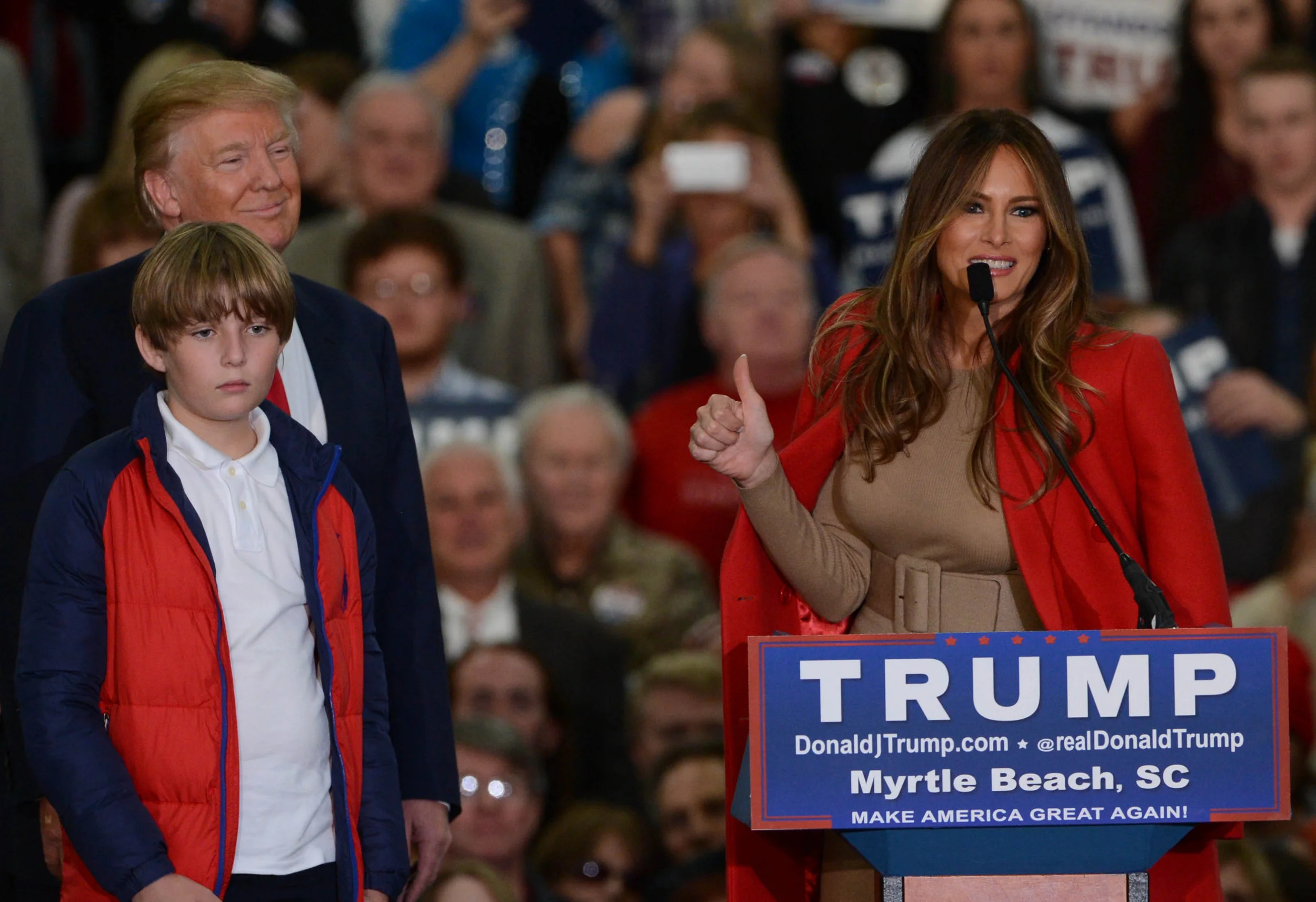
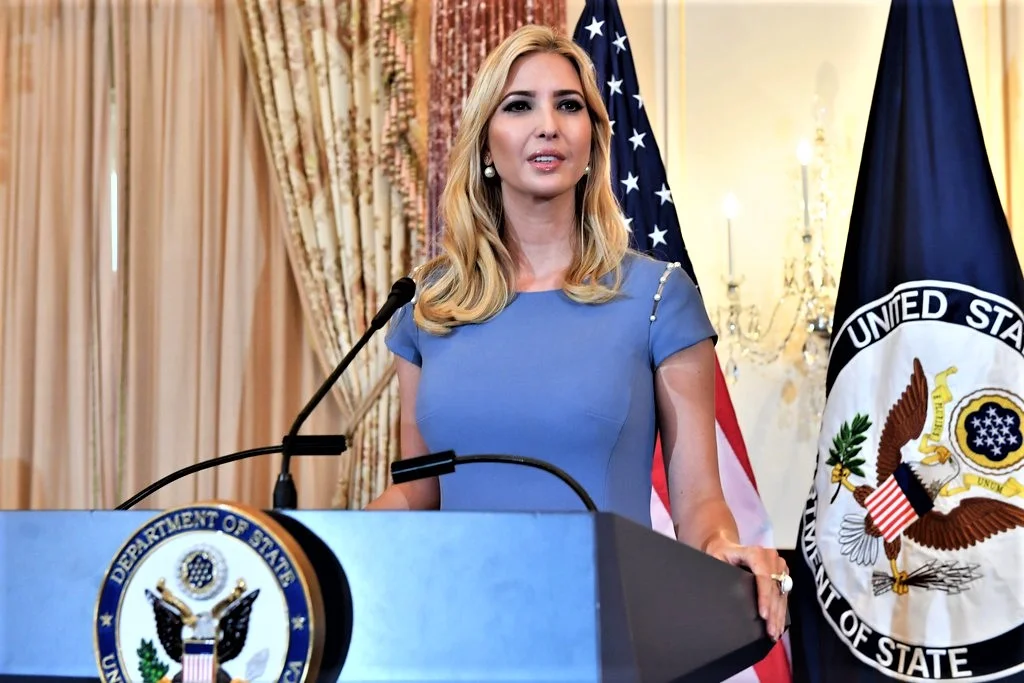



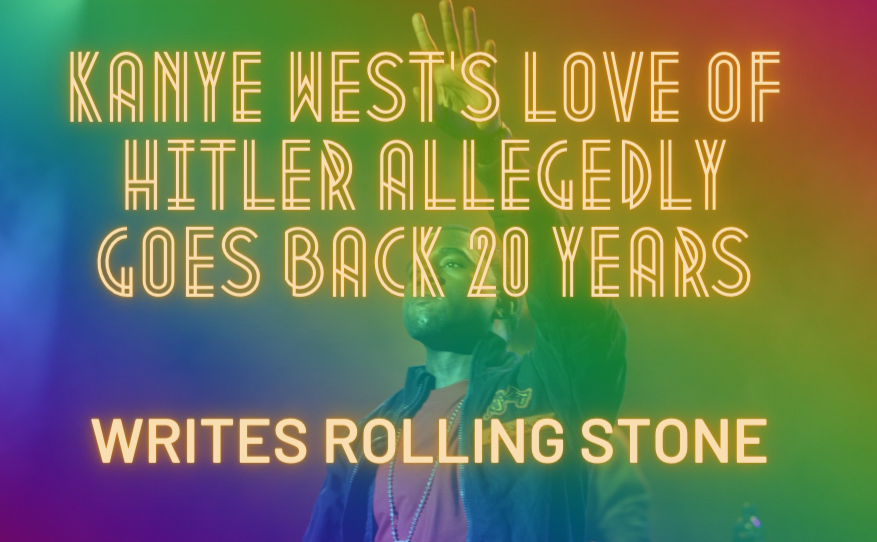






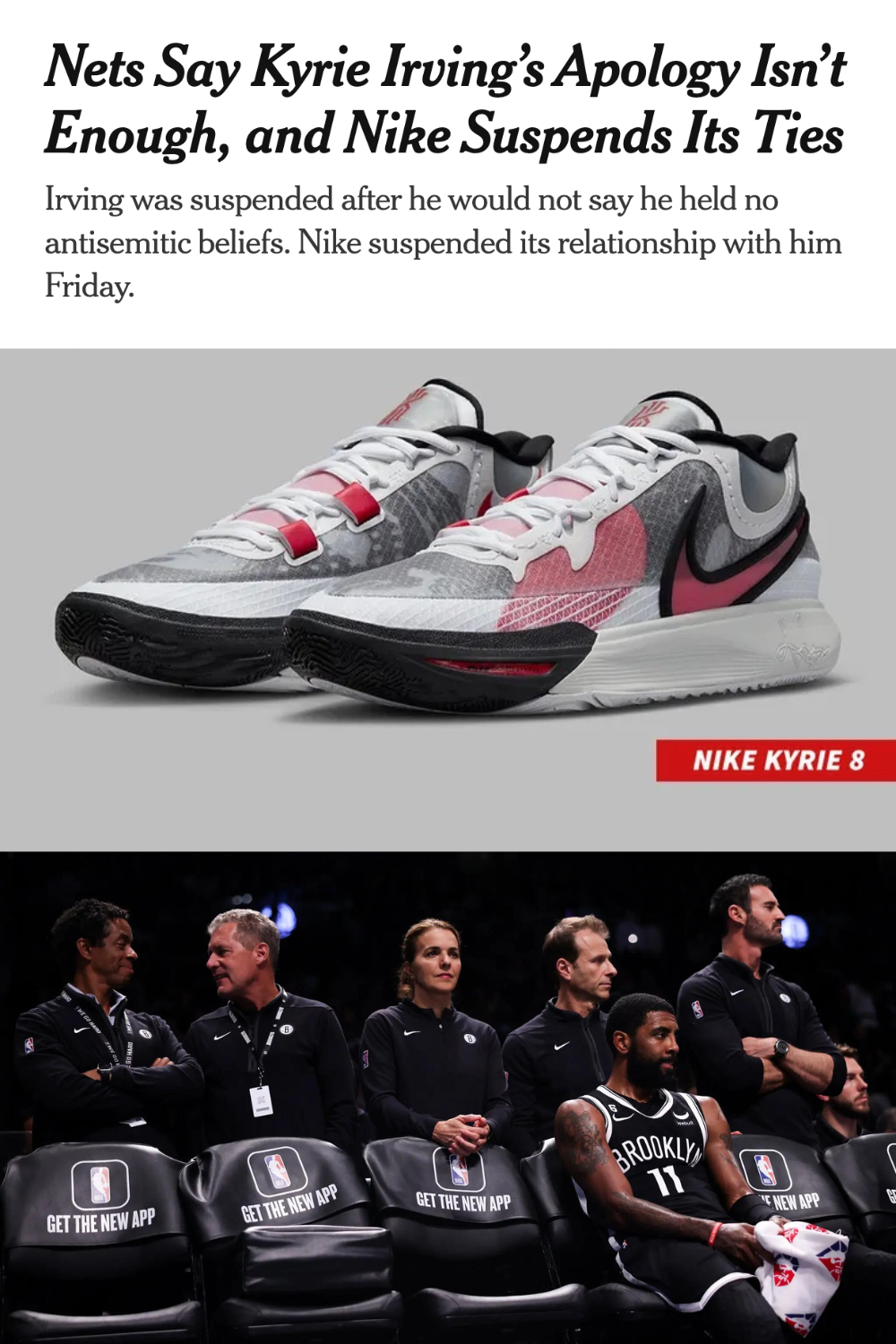
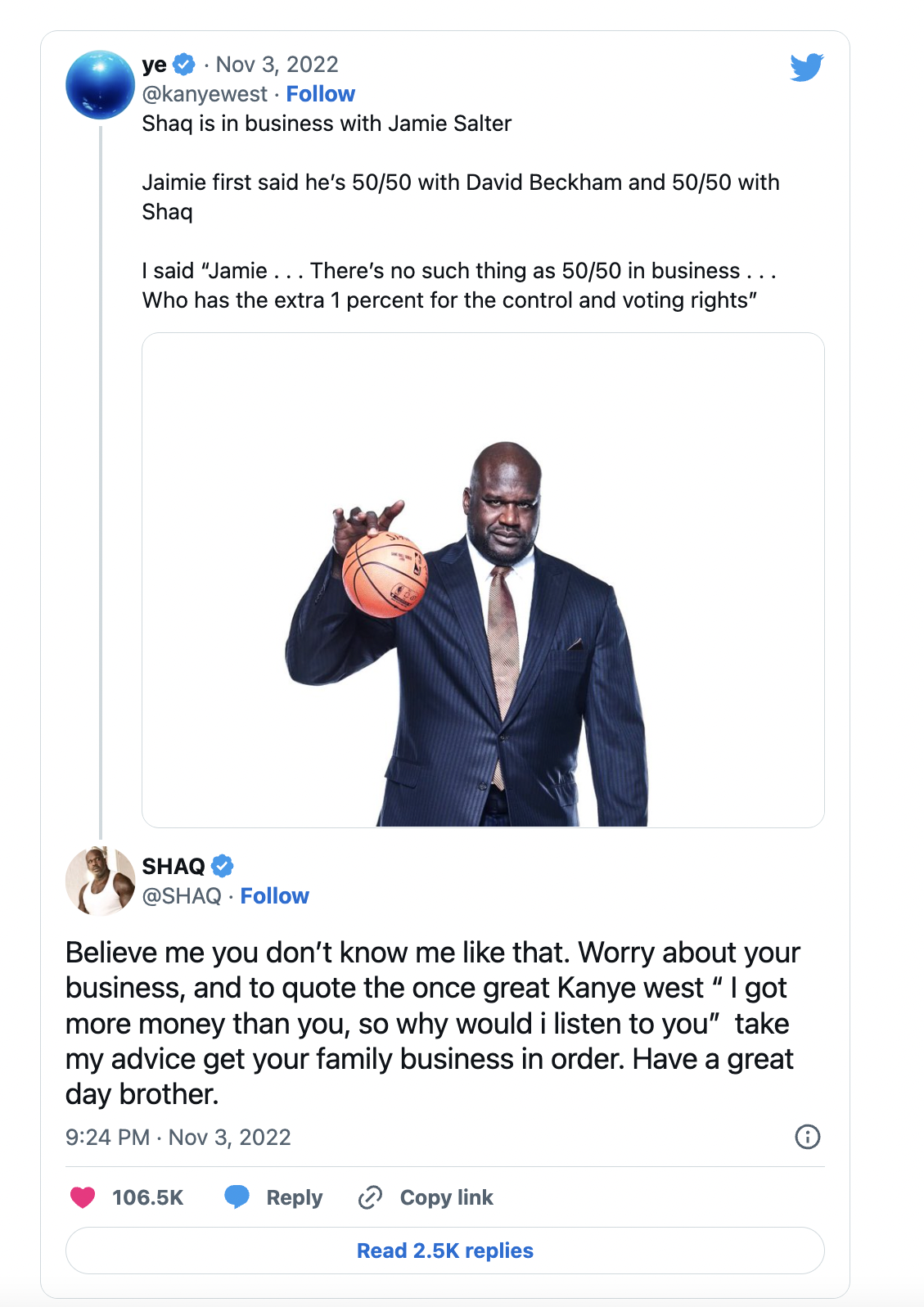










![Kanye West's [aka Ye] Refusal to Treat His Mental Illness Is No Excuse For His Anti-Semitism](https://images.squarespace-cdn.com/content/v1/55f45174e4b0fb5d95b07f39/1666238183530-4WVG9SNG88HTSKQ0WWDV/Is+Kanye-West-Running-Out-of-Platforms.png)
